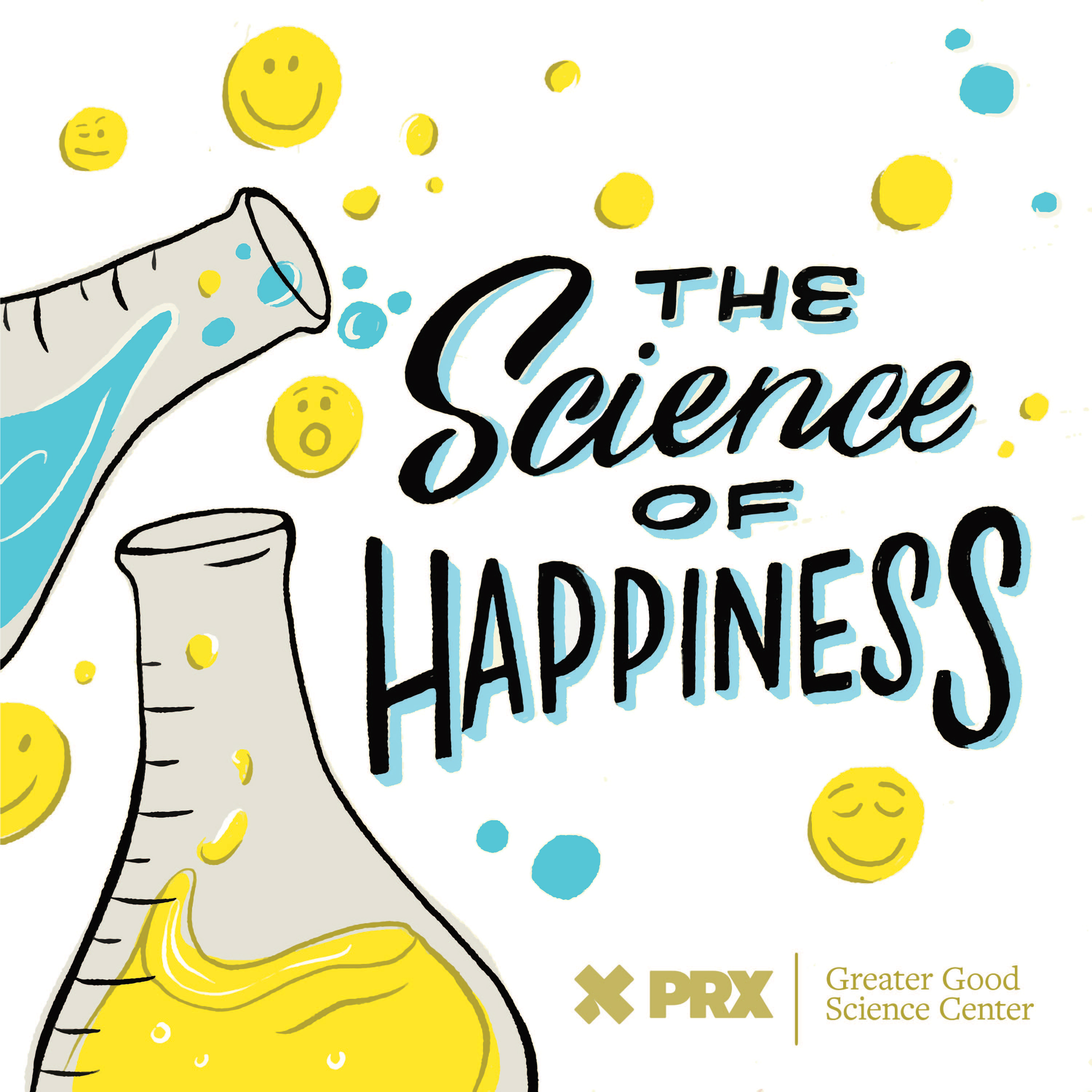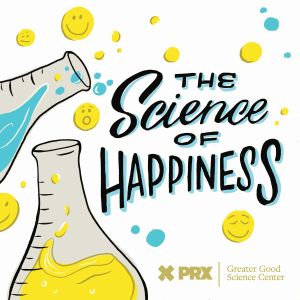We can't find the internet
Attempting to reconnect
Something went wrong!
Attempting to reconnect

Access AI content by logging in
When's the last time you made a good memory — intentionally? Our guest tries a practice in cultivating positive experiences and taking time to savor them.
Link to episode transcript: https://tinyurl.com/2kwpfu7a
Episode summary:
Life doesn't always hand us good times, but we can benefit as much or more when we create our own happy memories and take time to appreciate them. This week on The Science of Happiness, our guest tries a practice to intentionally create good experiences and reflect on them. Deandrea Farlow is a member of the Bay Area Freedom Collective, a re-entry home where formerly incarcerated people can find community and connections. Deandrea brings us into his experience with this practice, and shares what it’s like to find strength through the hardest times as well as positive events, like the ones he created for our show. Psychologist Meg Speer explains how ruminating on good times can actually change the way we respond to stress. .
Practice: Creating and Recalling Positive Events
1. Do an activity that you enjoy doing alone.
2. With a friend, do something that you enjoy doing with others.
3. Do something that you consider personally important and meaningful.
4. Then take a step back and really think about these three events. Write about how they make you feel. Talk about it with a friend, or just really think about it.
Learn more about this practice at Greater Good In Action:
https://ggia.berkeley.edu/practice/creating_and_recalling_positive_events
Today’s guests:
Deandrea Farlow is a member of the Bay Area Freedom Collective, a home by and for formerly incarcerated people, which provides resources and support for their re-entry.
To learn more about Bay Area Freedom House: https://www.collectivefreedom.org/
or: https://www.facebook.com/bayareafreedom/
To financially support the Bay Area Freedom Collective: https://givedirect.org/freedomcollective/
Meg Speer is a postdoctoral researcher in the SCAN lab at Columbia University. She studies how autobiographical memories and positive thoughts affect our brain function.
Learn more about Meg and her work: https://tinyurl.com/yf39acwk
Follow Meg on Twitter: https://twitter.com/mspeer3
Follow Meg on Google Scholar: https://tinyurl.com/9cn3tmbh
Resources for Recalling Positive Event:
TED —There’s an art to happy memories — you can make more by experiencing more “first”s: https://tinyurl.com/2p8sdsy7
Hidden Brain (NPR) — Nostalgia Isn't Just A Fixation On The Past - It Can Be About The Future, Too: https://tinyurl.com/5d8dej3a
Resources from The Greater Good Science Center:
Five Ways Nostalgia Can Improve Your Well-Being: https://tinyurl.com/veeraw6u
Listen to our episode, “How to Make Time for Happiness” https://tinyurl.com/yhf39awt
Listen to our last episode featuring the Bay Area Freedom Collective, “How to Feel Less Lonely and More Connected” https://tinyurl.com/4d6dm9zp
We’d love for you to try out this practice and share how it went for you. Email us at [email protected] or using the hashtag #happinesspod.
Help us share The Science of Happiness!
Leave us a 5-star review on Apple Podcasts or copy and share this link with someone who might like the show: pod.link/1340505607
